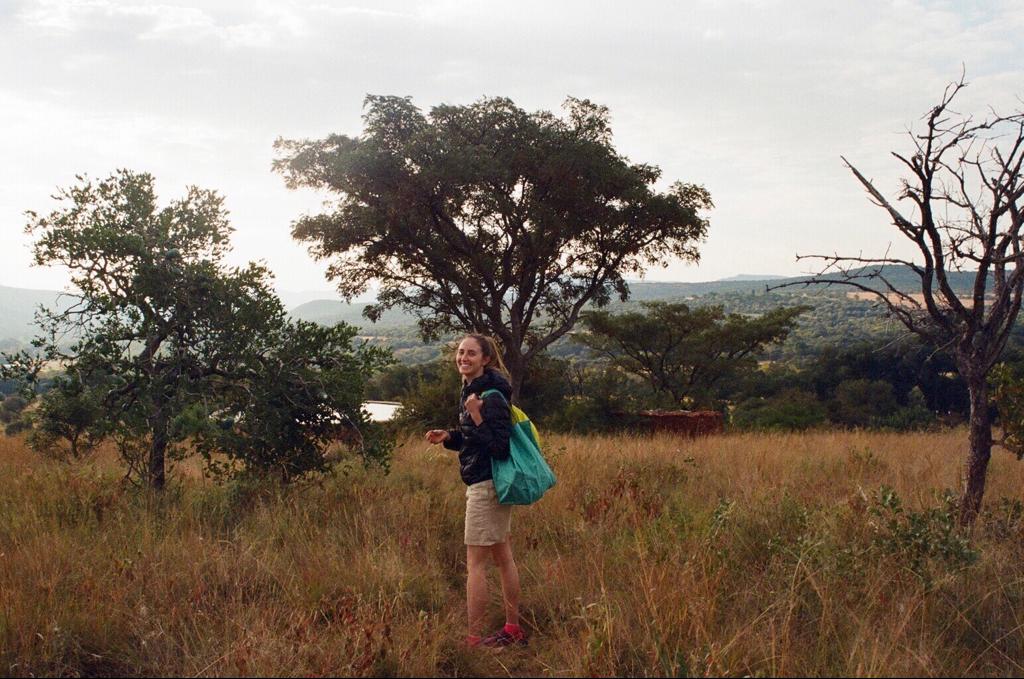
Where did the idea for your winning story come from? What did you see or hear about that sparked your interest?
Working with Health-e News Service, South Africa’s oldest health news agency, exposed me to many health injustices in South Africa. In conversation one day with a pediatrician, he spoke to us about the high number of malnourished and also obese patients he was treating, as well as the long-term impacts this was going to have on our society if left undealt with. Soon after this I attended a talk on malnutrition where one researcher used the term ‘food apartheid’. It sparked my interest. Fourteen years after the end of apartheid inequality is still rife and this is evident in the foods we are eating every day.
Is food sustainability an ongoing interest for you? If so, how did you become interested?
I believe food lies at the heart of some of core social injustices. Food acts as a marker of issues around land, health, agriculture and even education and violence too. This documentary helped me see that unless we can achieve food equality there will never be true equality in South Africa.
How well do you think food sustainability issues are covered in the media today? What role do you think journalists can play in addressing the challenges within our food systems?
Currently food is not seen as a very “sexy” topic to cover. Violence, for example, gets a lot of spotlight. But research is now showing that violence is linked to hunger. As journalists, we have a responsibility to paint a broader picture of the social ills we are facing and to see them as more of a spider web of interacting variables if they are to be properly addressed.
What are the main obstacles you or others face in reporting on these issues?
In South Africa, there is a strong stigma against hunger. People will speak openly about the state’s inability to supply housing, education and healthcare, but when it comes to food it is seen as the individual’s responsibility to provide for themselves. But when the options available to them are highly processed, harmful foods, then the state has to be held accountable for the limited choices the individual has. This stigma made it very difficult to find people willing to speak about the feeling of hunger. Personally, it was a very painful thing to ask people to do. After months of searching we found individuals who wanted to share their experiences in the hope that it could trigger some change in their communities.
Your story crosses a lot of boundaries: food security, obesity, malnutrition, the role of food in contributing to violence. How big a challenge was it to tie these all together?
It was a difficult thing to do, but in the end it was all linked together by the interview we conducted with food researcher Tracy Ledger. Her interview covered all of these topics and helped us sift through all the elements to see that they are all interlinked with accessibility and affordability of food sitting at the heart of it all.
You seem to be saying that food issues are at the core of a lot of South Africa’s challenges – is that right?
Yes I do believe so. A child’s first 1000 days of life, including conception, are incredibly important when it comes to nutrition. A malnourished baby has to start life ten steps behind a nourished one. This is in a society still reeling from the traumas of apartheid. This is a country considered one of the most unequal in the world. Malnutrition impacts brain development, health, education, employment and levels of violence, so it is like a domino effect from day one.
Can you tell us a little bit about your experience since winning the Award?
My team at Health-e are thrilled about this award as a lot of our work focuses on lifestyle diseases that are killing the most under-resourced South Africans. This award has shone another spotlight on the importance of having these conversations around food equality. I am also very excited to attend the training in London next year and use this as an opportunity to expand my understanding on food sustainability and how best to report on it.
What’s next for you and your food sustainability coverage? Do you have any plans to cover any other related issues?
We are now working on another documentary that looks at possible solutions to this problem including empowering small-scale female farmers, harvesting indigenous crops and more. We are also engaging with urban farmers, health influencers and innovators to produce shorter videos clips which are screened on Transit TV, a South African public transport TV channel. This reaches 13 million South Africans every month. We believe that without feasible alternatives, little will change in South Africa when it urgently needs to.
Watch Kim’s winning entry here and visit the Food Sustainability Media Award website.
More News
View All
AI Company Data Initiative drives transparency on corporate AI adoption
Now open for company…
Read More
Winners of the 2025 TrustLaw Awards Announced
This week marks the announcement of the 2025 TrustLaw Awards winners,…
Read More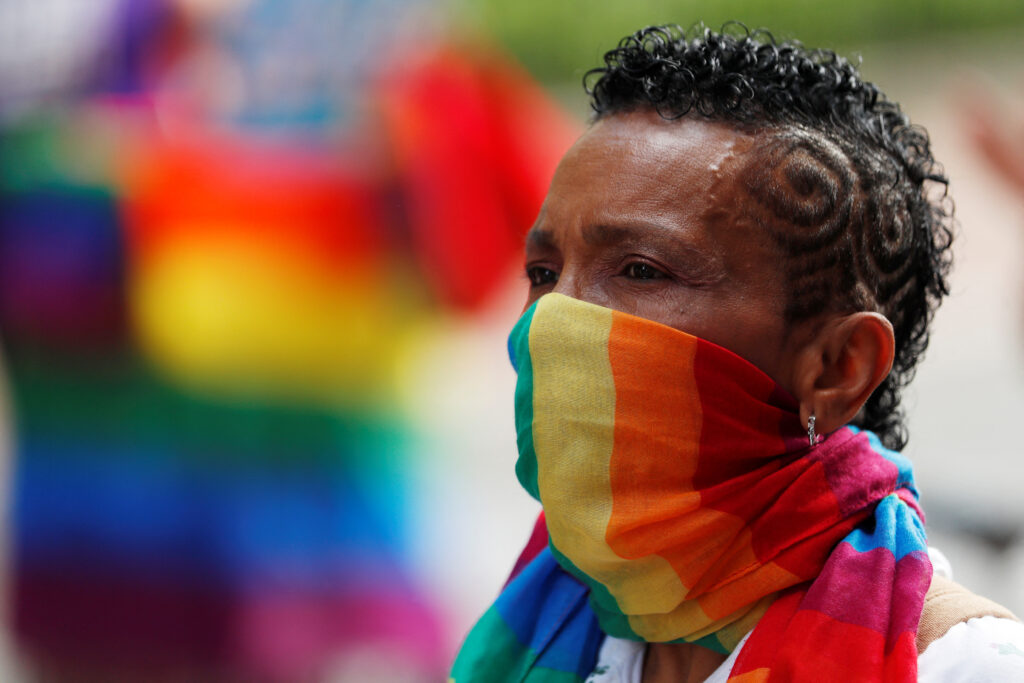
How the Foundation is supporting LGBTQ+ communities worldwide
Over the last year, the Foundation has…
Read More
World Press Freedom Day: the need for the equitable and ethical adoption of AI
AI will be…
Read More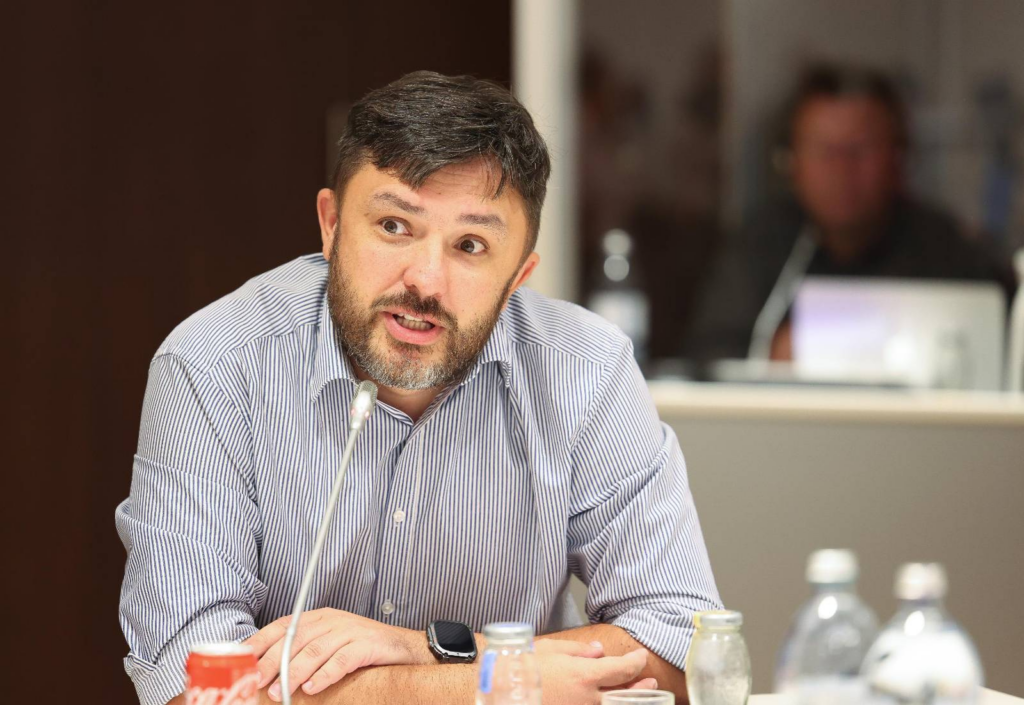
Case study: How an exiled Russian newsroom is using AI to combat news fatigue
Our Media in…
Read More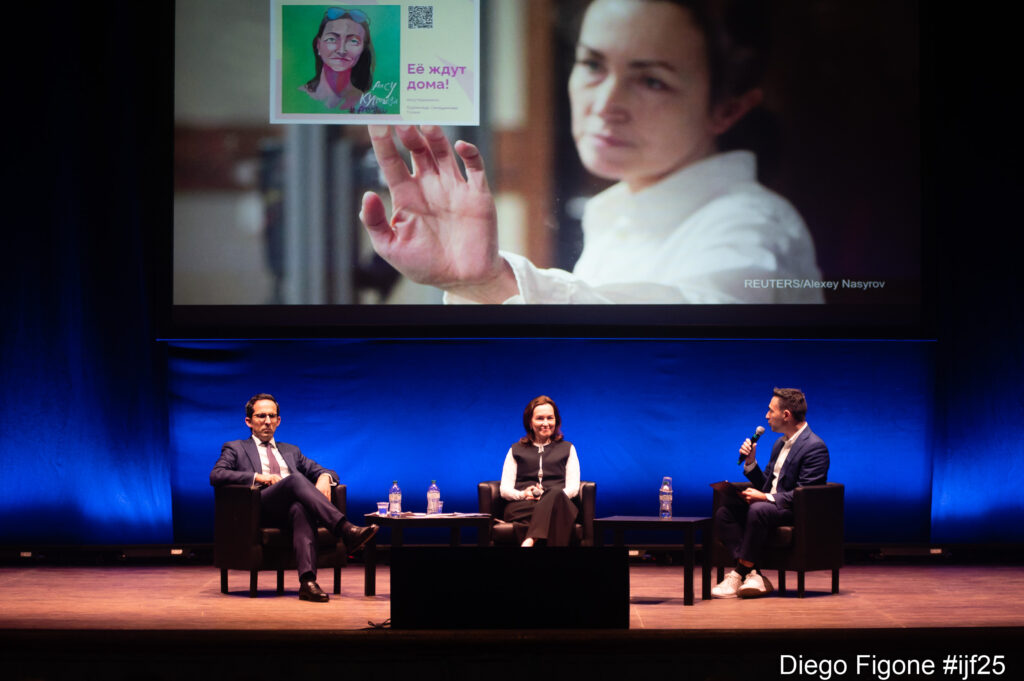
Five takeaways from the 2025 International Journalism Festival in Perugia
Remarkable solidarity…
Read More
How ‘foreign agent’ laws are silencing independent media
We explore the growing threat of ‘foreign agent’…
Read More
Unpacking the regional trends of the Index of Pro Bono 2024
We take a look at the long-term trends on pro…
Read More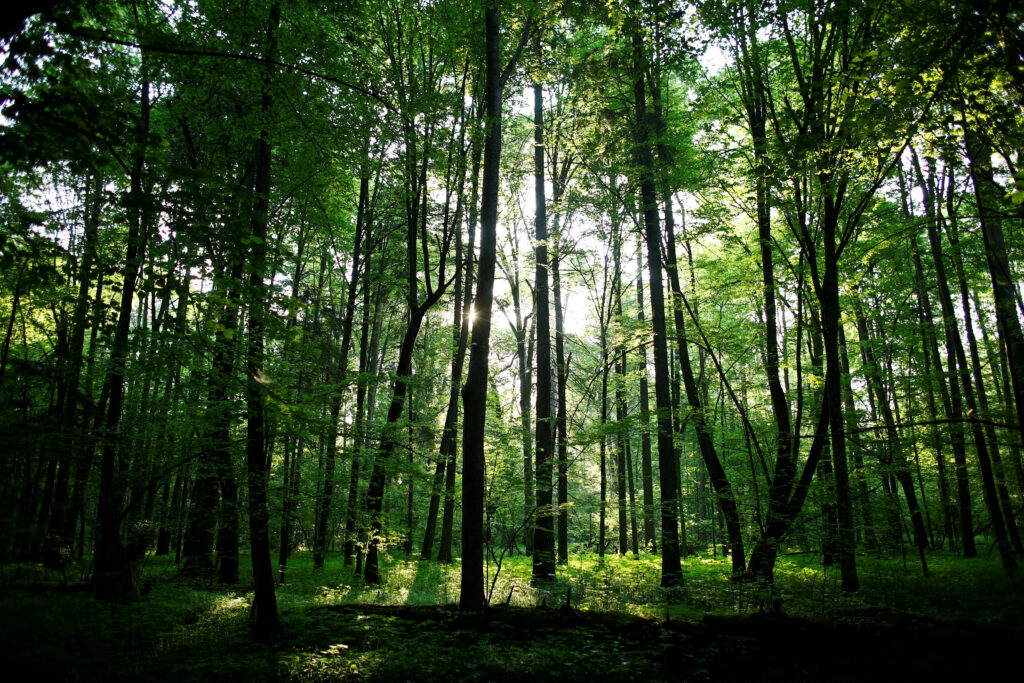
2024 Index of Pro Bono findings revealed
The 2024 Index of Pro Bono, compiling comprehensive data representing nearly…
Read More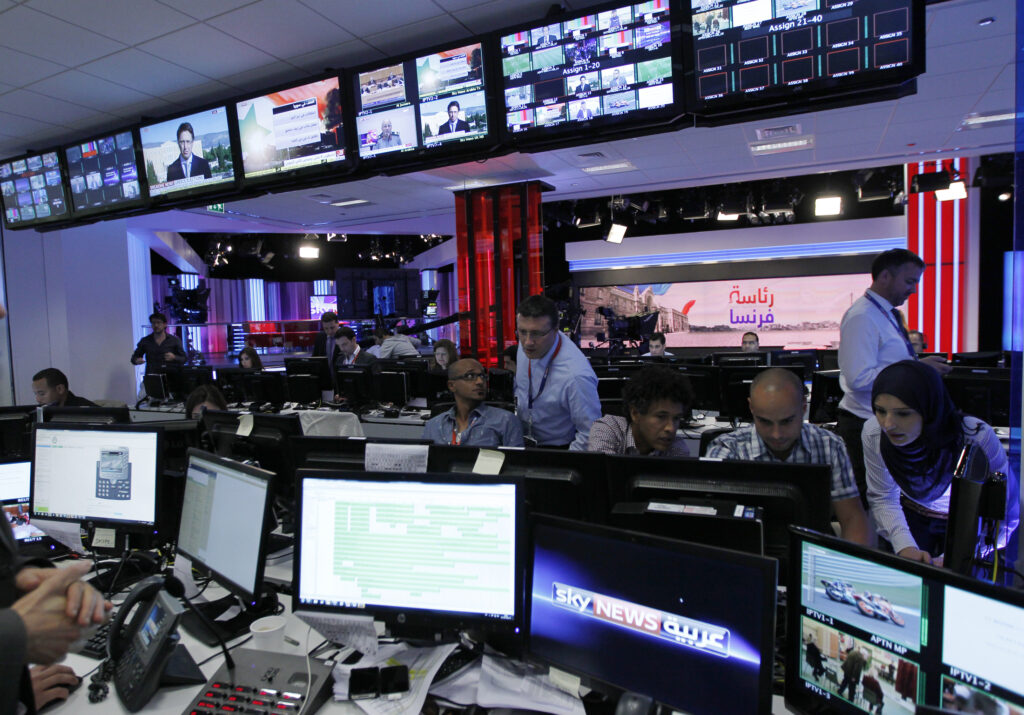
Journalists cautiously optimistic about the effect of AI on the profession, our new report finds
Our new TRF Insights report sheds light on the opportunities and challenges of AI…
Read More

